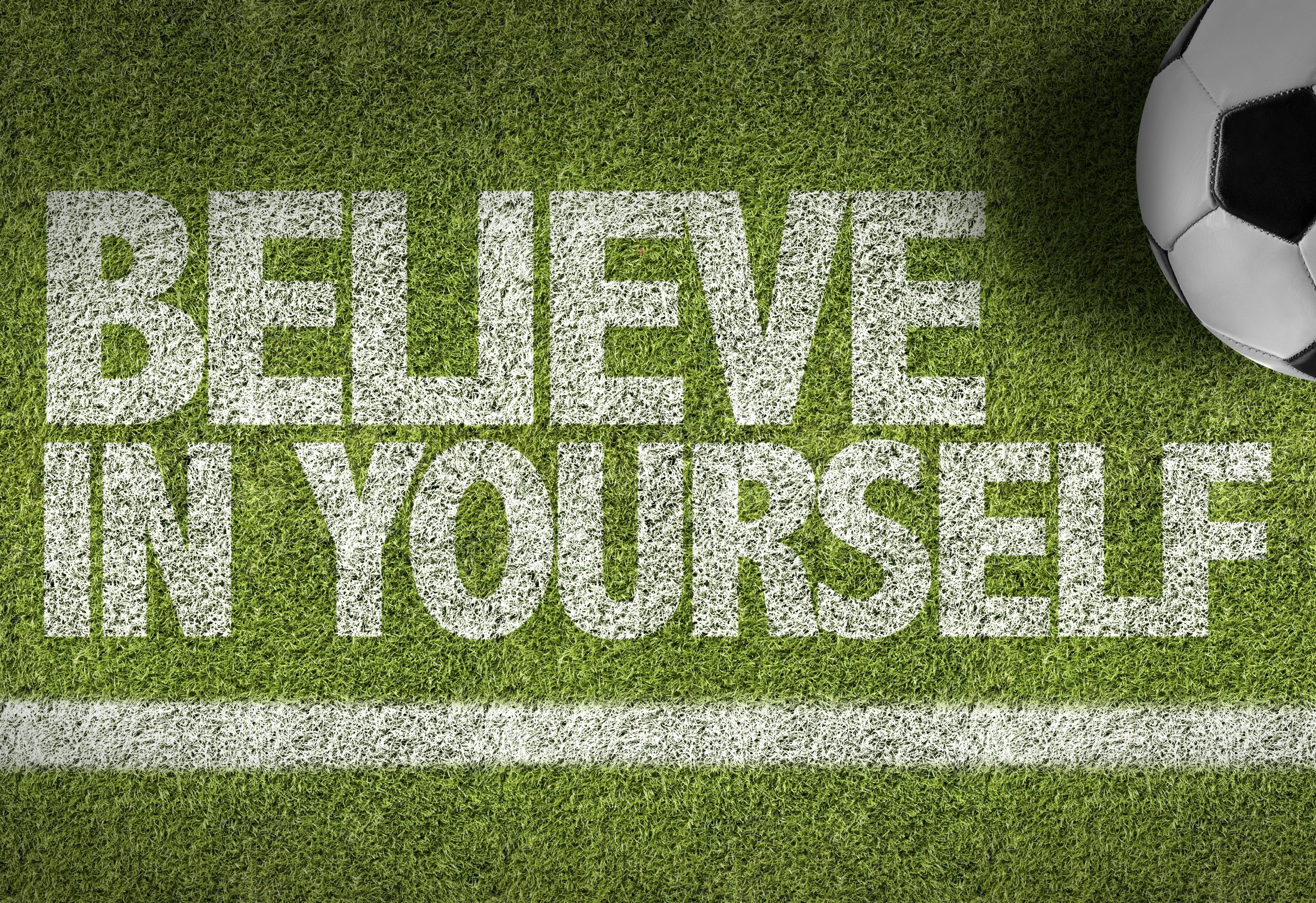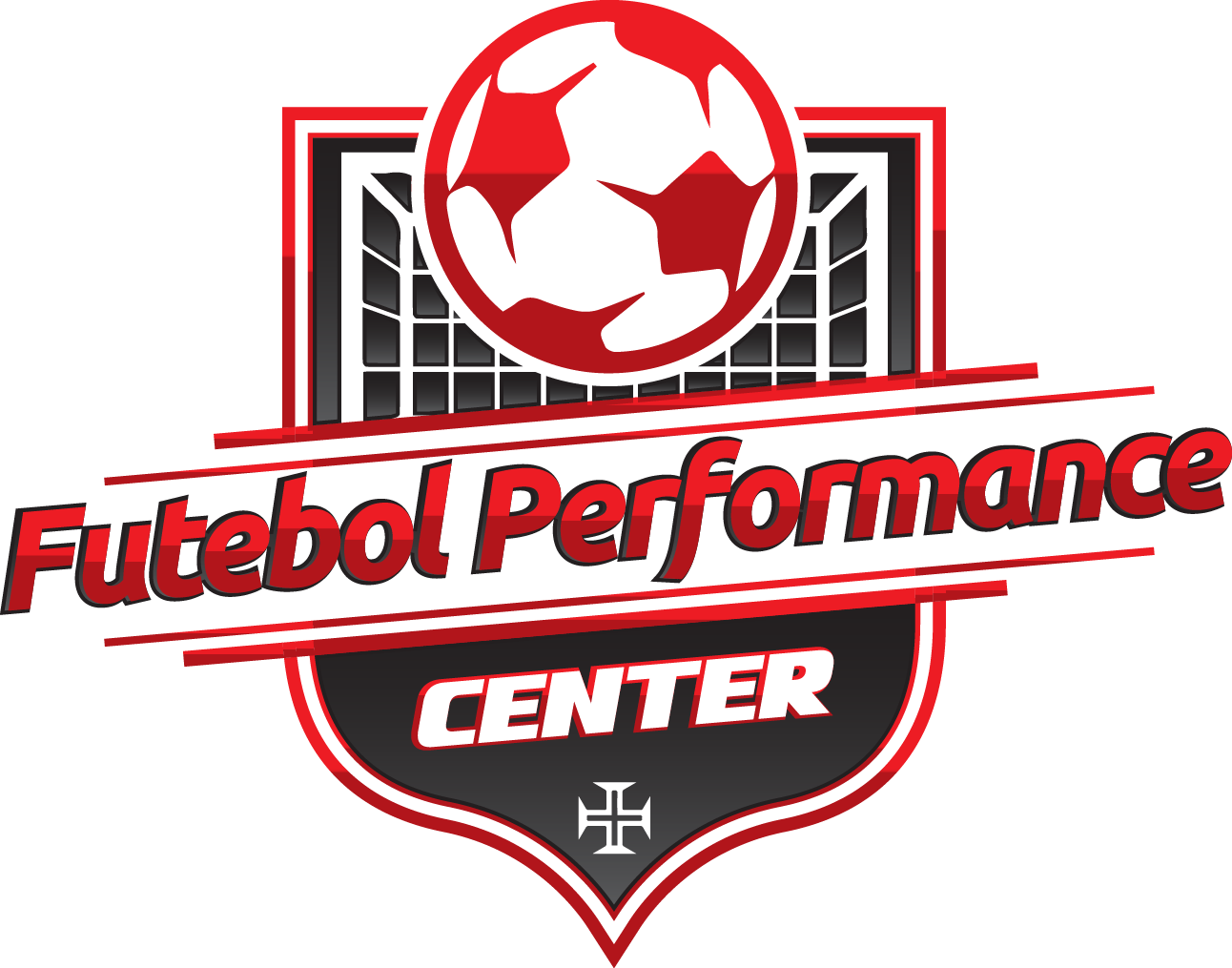
The Energy Must Come from Within: Great Players Motivate Themselves
In sports, there’s a common misconception that a coach’s job is to provide constant motivation, to push players at every turn, and to keep them fired up. While coaches play a crucial role in strategy, development, and guidance, true greatness on the field comes from within the player, not from the coach’s sideline instructions.
Great athletes understand that their energy, effort, and drive must come from themselves. They don’t rely on their coach to yell, prod, or “joystick” them into action. Instead, they find the motivation within to push through challenges, maintain focus, and give 100% every time they step onto the field.
Self-Motivation vs. Coach Dependency
Relying on a coach for every move or every bit of energy is not sustainable. Great players don’t wait to be told what to do—they take initiative. They don’t need constant external encouragement to perform at their best. They show up ready, mentally and physically prepared, with the inner fire needed to compete at the highest level.
This kind of self-driven mentality separates average players from exceptional ones. When an athlete holds themselves accountable, they can push their limits far beyond what external motivation alone could achieve.
Why the Best Players Don’t Rely on Constant Coaching
1. Ownership of Their Game: Great players take ownership of their preparation, performance, and improvement. They don’t wait for the coach to motivate them—they’re already motivated to improve, to win, and to excel.
2. Adaptability on the Field: A coach can’t be there to give step-by-step instructions in every moment. The best players make quick decisions, adjust their game in real-time, and find ways to impact the game on their own terms.
3. Inner Drive: The most successful athletes have an inner drive that keeps them going, even when things get tough. When the game isn’t going their way, they dig deeper, finding energy and motivation from within, rather than looking to the sidelines for answers.
4. Mental Toughness: Great players aren’t rattled when things go wrong. They maintain focus and composure because they’ve trained themselves to be mentally tough. They know they’re responsible for their actions, and they trust their own preparation.
The Coach’s Role in Developing Self-Motivated Players
While the player’s energy and motivation must come from within, a great coach fosters an environment where this type of self-reliance is encouraged. Rather than acting as a constant source of external motivation, the coach provides the tools, framework, and support to help players develop their own inner drive.
Coaches guide their athletes, but they don’t need to micromanage or control every action. When a player learns to trust themselves and their abilities, they become far more powerful on the field. The coach provides the blueprint, but the player must bring the passion.
Own Your Energy, Own Your Game
In the end, the best players don’t rely on anyone else to make them great. They motivate themselves, push themselves, and hold themselves accountable. They don’t need constant coaching or instruction to be at their best—they know that their energy and success come from within.
To all athletes striving for greatness: take control of your journey, trust your preparation, and let your inner motivation be your strongest driving force. The energy to succeed should always come from you.
